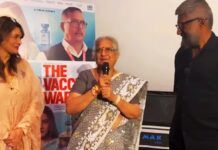Rocket Boys takes on the monumental challenge of portraying the narrative of Homi Bhabha, the Father of India’s Nuclear Program, and Vikram Sarabhai, the Father of India’s Space Program.
Both individuals attended the University of Cambridge in England before returning to their birthplace to launch a scientific revolution. They accomplished great things because they were driven by enthusiasm. Is it possible for Rocket Boys to capture such greatness? Let’s have a look at it in more detail.
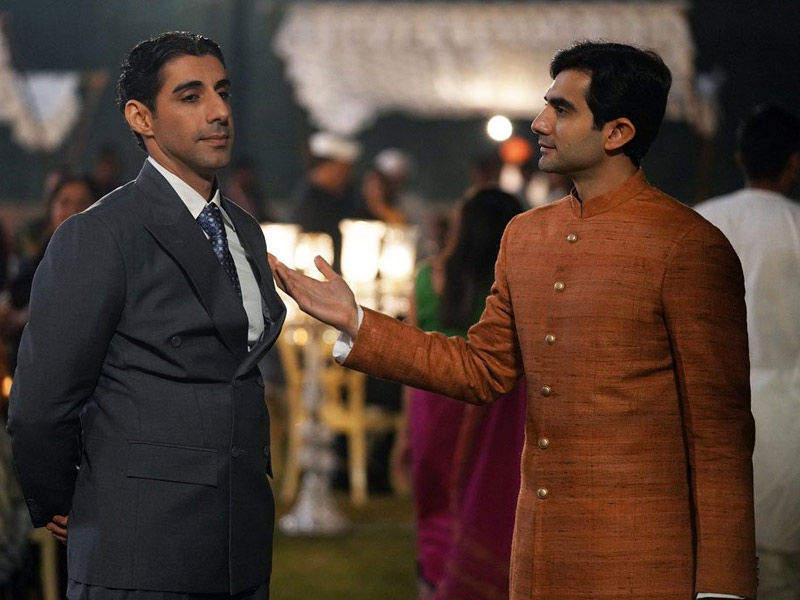
It’s 1962, and we witness a group of experts debating a strategy at the Department of Atomic Energy in Bombay (now Mumbai), as India is at war with China. We meet nuclear physicist Homi Bhabha, portrayed by Jim Sarbh, and space researcher Vikram Sarabhai, played by Ishwak Singh, in this chamber. While Bhabha advocates for the development of India’s first atomic weapon for national security, Sarabhai prefers a diplomatic approach. This tense scenario sets the tone for the rest of the series.
True, Bhabha and Sarabhai had opposing views on how to develop India’s scientific foundation. But the two had a single goal: the advancement of our country. This is what drew them together as a mentor and a mentee. Sarabhai, known in college as the “lunatic Brown kid,” saw Bhabha as the “Renaissance guy” behind the Cosmic Ray Research Unit at Bangalore’s Indian Institute of Science. To achieve their aims, the two began working together and challenged the system and British bureaucracy.
In Rocket Boys, Bhabha and Sarabhai’s bromance appears promising and provides the series some feel-good moments. In their peculiar friendship, Bhabha’s cynical opinions and Sarabhai’s Gandhian aspirations collide. They also fall in love. Bhabha is smitten by the free-spirited Parvana Irani, played by Saba Azad, while Sarabhai is smitten by Mrinalini, a gifted Indian classical dancer played by Regina Cassandra.
Their love and family life take up a significant portion of the show. We appreciate that viewers should be informed about these geniuses’ personal lives, but so much of it seemed out of place in a series aimed at highlighting Bhabha and Sarabhai’s scientific achievements. In that regard, the images of the innovations and India’s maiden rocket launch will captivate you.
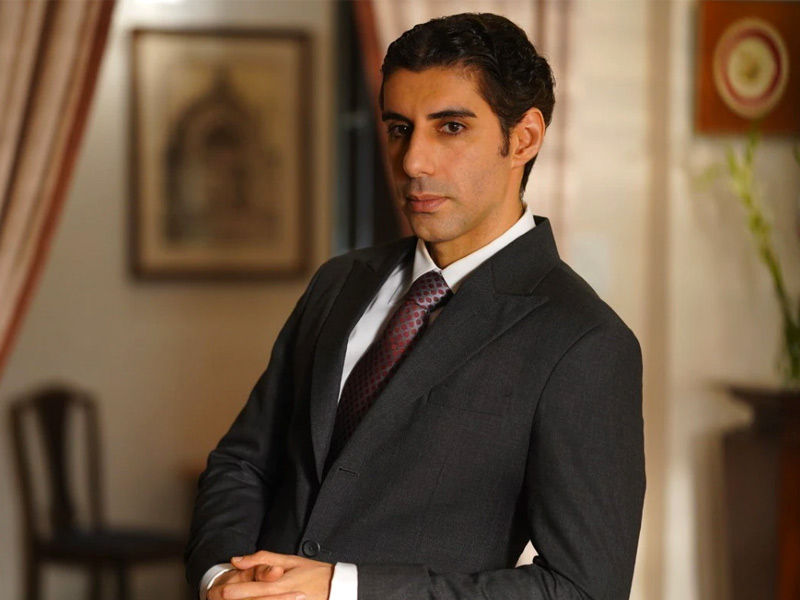
Long-drawn politics is another issue that might be depressing. Internal and external fights raged throughout the scientific community, resulting in strife between ambitious visionaries and a sceptic administration. We must not forget how they took risks, built institutes, and amassed resources for study. A tighter storyline, however, was essential to keep the audience’s interest. Scenes depicting communal difficulties, rivalries, and society’s opposition to new technologies should not have been so time-consuming.
Certain sequences were unnecessary. What works, though, is the actual video of figures such as Jawaharlal Nehru, Mahatma Gandhi, and others. The films of genuine scientific discoveries from that era replicate sentiments of greater possibilities in a changing India.
Also Read, Reacher: The Superhuman Hobo Detective is back
Aside from Bhabha and Sarabhai, India’s ‘Missile Man’ and former President APJ Abdul Kalam makes an impression in the series. He determines at an early age, “Plane nahi, rocket udaunga (Not an aeroplane, I’ll fly a rocket).” Arjun Radhakrishnan plays Kalam, who offers appealing warmth and unyielding drive to the plot. Dibyendu Bhattacharya portrays another scientist seeking power, while Namit Das plays a savvy journalist.
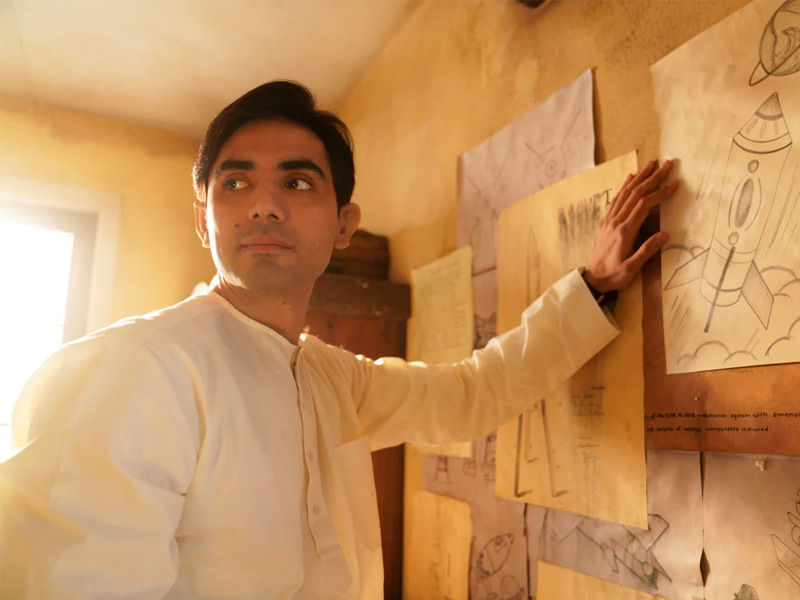
Jim Sarbh comfortably steps into the shoes of Homi Bhabha in Rocket Boys. He is astute, brave, and opportunistic. The actor also plays the violin in a scenario evocative of Sherlock Holmes, when he is immersed in his musical world in a cluttered chamber to escape his difficulties. Ishwak Singh, who plays Vikram Sarabhai, is sincere and enthusiastic. The strong female characters in the series are a pleasant surprise.
Saba Azad is a bright and educated girl who plays an important part in encouraging Homi to pursue his aspirations. In an extremely conservative setting, Regina Cassandra’s Mrinalini Sarabhai does not compromise her ideals and aspirations. Her dancing routines are fantastic, even if we question if they were all needed. Rajit Kapoor portrays Jawaharlal Nehru, while Rajiv Kachroo portrays JRD Tata.
Rocket Boys, as is frequently the case with historical and biographical films, attempts to tread the narrow line between reality and producing an interesting story. A scientific tale is extremely difficult to tell when you wish to appeal to the public. Despite its shortcomings, Akshay Kumar and Vidya Balan’s Mission Mangal was a box office success. The film simplified things without sacrificing enjoyment.
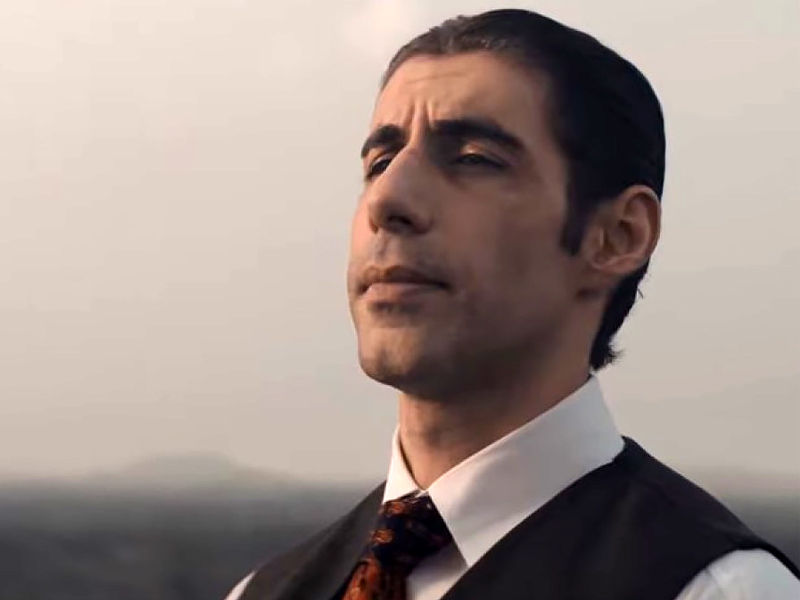
Abhay Pannu, the director, has tried to cram too much into a series that seems overstuffed. “Often the finest men tend to lose objectivity in their quest of greatness,” says one character in Rocket Boys. This might be what happened to the series. Despite its excellent intentions and a beautiful narrative about two stalwarts and their unbreakable spirit, Rocket Boys isn’t a satisfying experience.
However, it stands out for showcasing the challenges and triumphs of two great individuals who authored India’s scientific history more than a half-century ago – Homi J Bhabha and Vikram Sarabhai. Rocket Boys will be available on SonyLiv on February 4th. The second instalment of Rocket Boys is presently in the works. We hope that one has a more successful debut .























